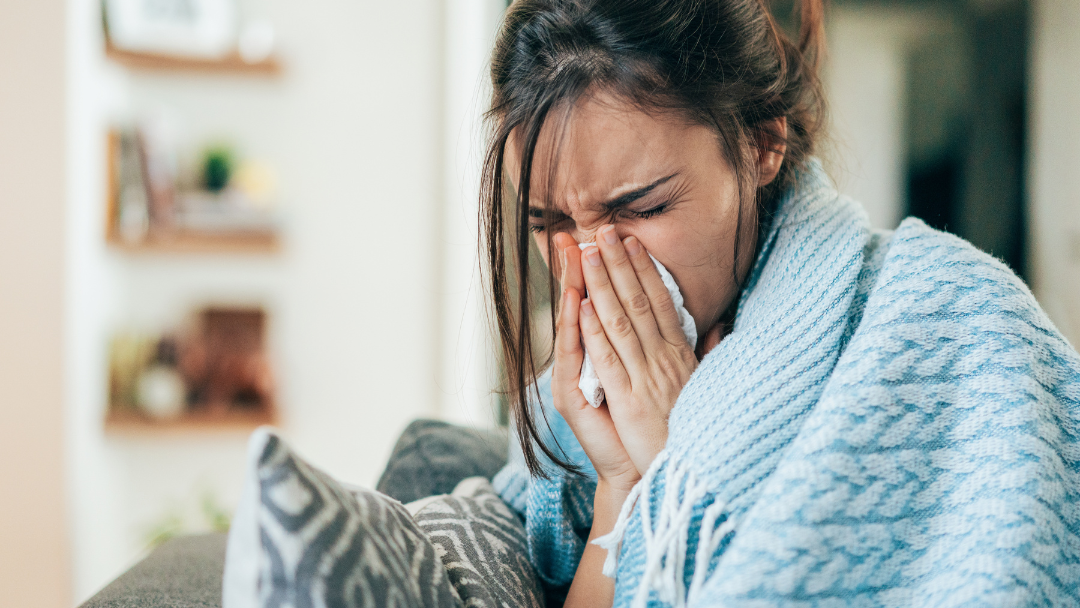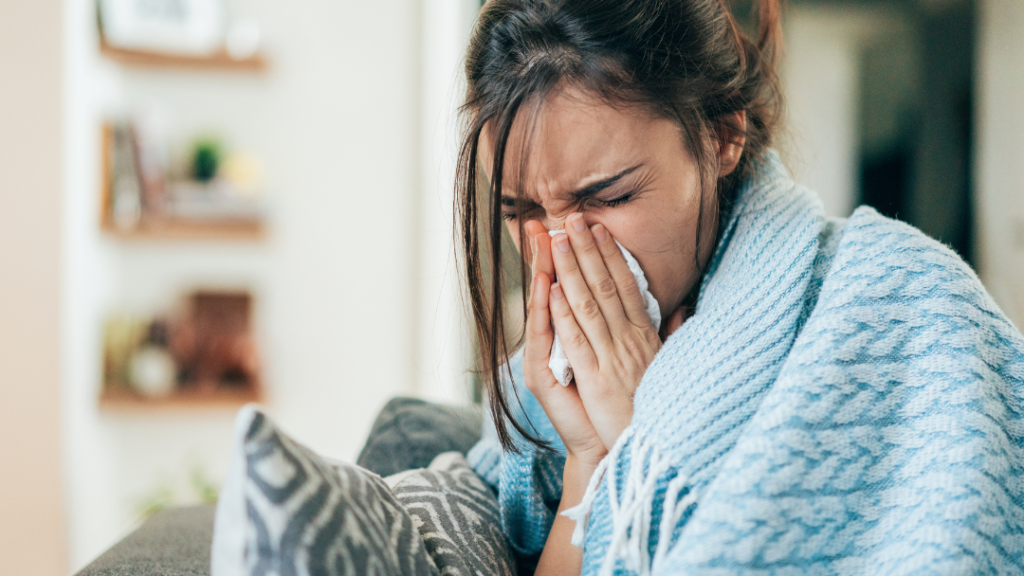
Who takes care of you when you’re sick? When you were younger, your parents probably made sure to be there for you while you fought against a cold or a flu. As you grow older, you might start to rely on other people to help you while you’re sick, such as a partner or spouse. But if you live alone and your loved ones can’t easily reach you, you’ll have to take care of yourself. Thankfully, it’s easy to care for yourself alone, even if you don’t have a lot of energy. Here are a few tips to keep in mind the next time you’re sick.
Stay home.
If you’re coming down with something, the first thing you should do is to contact your workplace or school and call in sick. You’ll need all the rest you can get, and forcing yourself to keep working will only keep you sick for longer. Even if you do come in, your condition would make it hard to be productive. Plus, if your sickness is contagious, you might end up spreading it to your coworkers or classmates. The best way to be considerate of yourself and others is to skip school or work for a few days.
Stay hydrated.
Drinking enough fluids is always important, but it’s moreso when you’re sick. Some common symptoms of illnesses can severely dehydrate you, such as nausea, vomiting, and diarrhea. Replacing those fluids will help you get better faster and prevent you from dehydrating. Water is always the best choice, but you can also keep hydrated with juice, electrolyte drinks, and soups.
Staying hydrated goes beyond drinking enough fluids, though. Another way to help ease your symptoms is by using a humidifier. Humid air can help soothe symptoms of common illnesses, such as colds. Make sure your humidifier is clean before you use it, as using a dirty humidifier can breed more bacteria in your home.
Try over-the-counter medication.
Over-the-counter medication can help ease your symptoms and make your sick days much more bearable. Painkillers like ibuprofen can help with headaches, and cold medicine can knock out several cold symptoms at once. Before you take any OTC medicines, though, it’s important to check if any of them clash with other medications you might be taking.
Know when to call the doctor.
Often you can just ride out an illness with plenty of rest at home. But you shouldn’t hesitate to call your doctor if your symptoms are worsening. A doctor can give you a proper diagnosis, a medicine prescription, and additional instructions on how to recover faster. Keep an eye out for any worsening symptoms, such as a high fever, significant abdominal pain, chest tightness, or painful coughing.
Stock up on essentials.
Buying sick day essentials is much harder when you’re actually sick. After all, you can’t go out to the store yourself and you might not be able to send someone else to the store for you. That’s why you should go shopping while you’re healthy so that you’re fully prepared when you do get sick, whether that’s months or years from now. Look for different kinds of soup that’s easy to prepare, such as canned or powdered soup. Electrolyte drink mixes are also important for hydration. And of course, always stock up on over-the-counter medications to ease your symptoms and help you recover.

